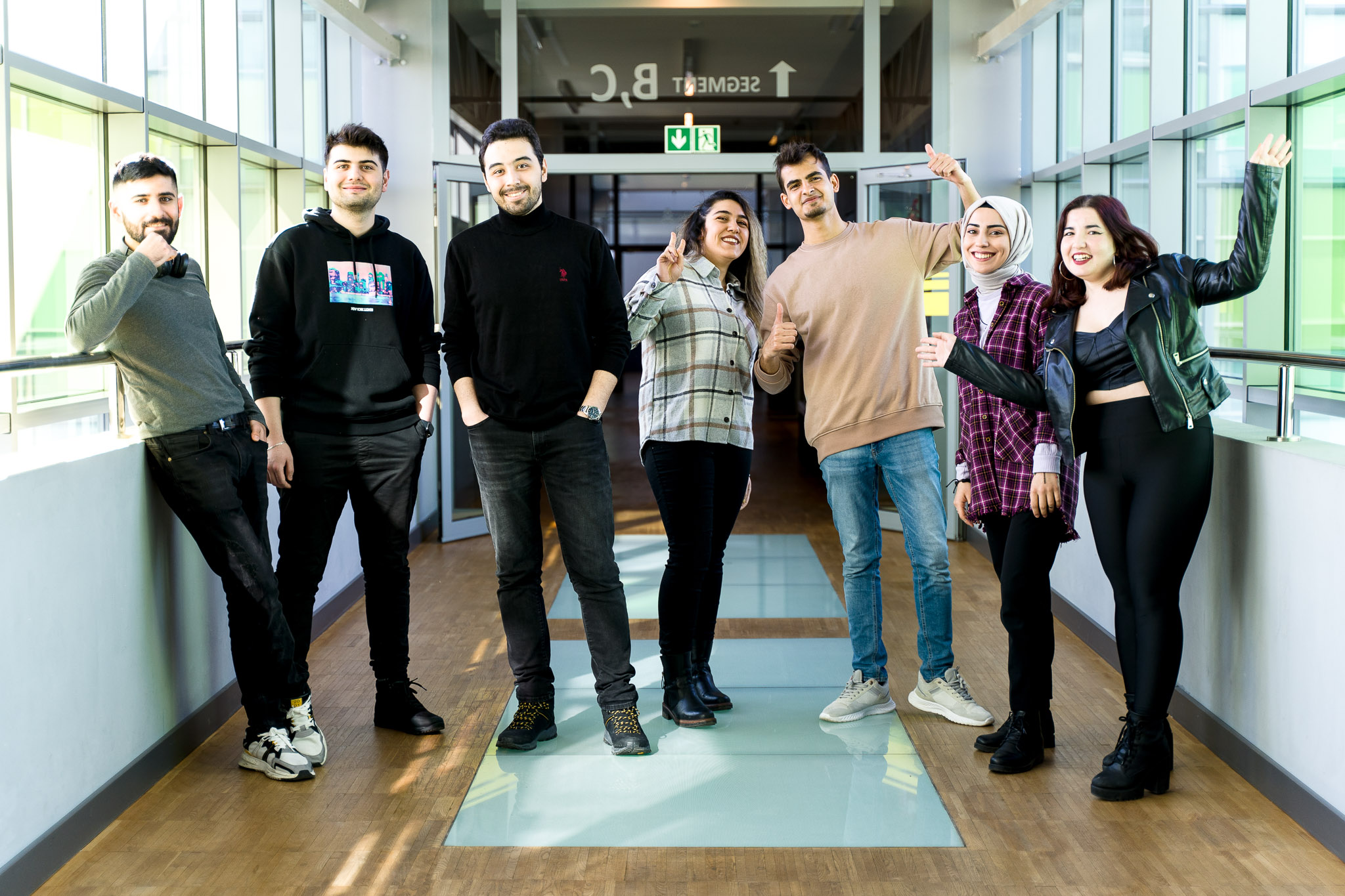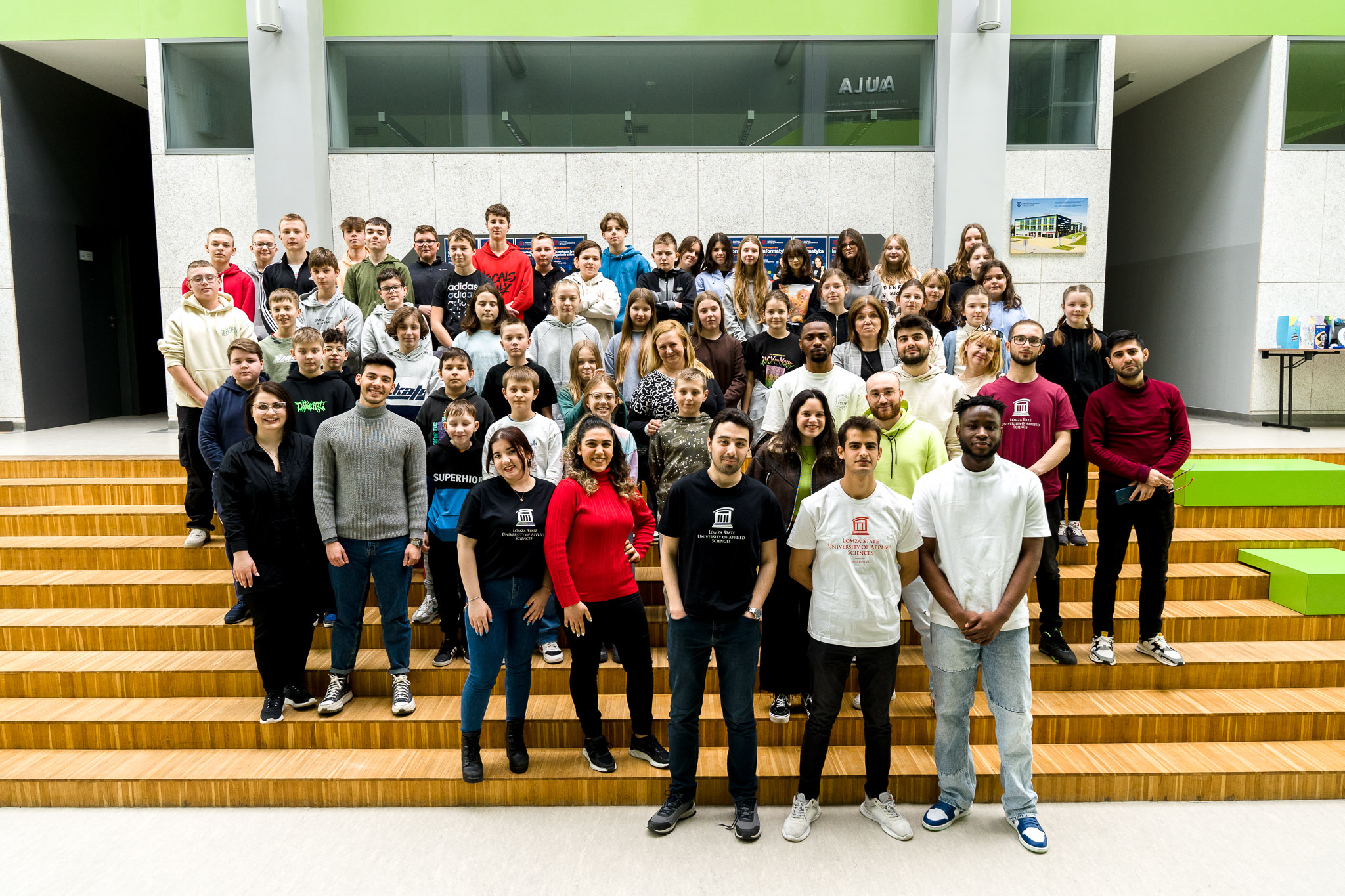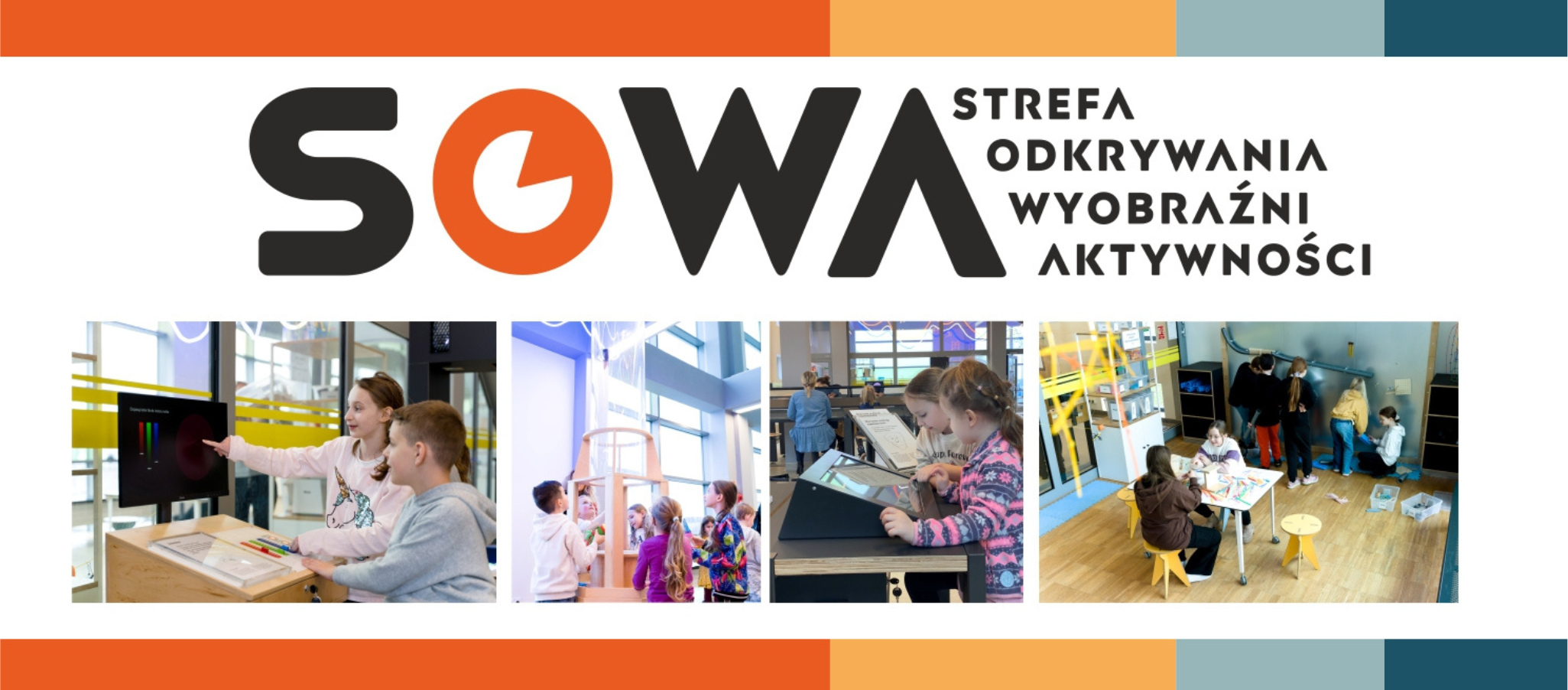Fields of study
Cosmetology
Cosmetology is a branch of medical science that deals with the prevention, aimed
at delaying the outward signs of aging and correcting or restoring the beauty of the body, through treatments, beauty and healing. It is now one of the fastest growing areas of interdisciplinary. Cosmetology student explores not only the secrets of care, but also learns comprehensive advice on healthy lifestyle. A wide range of knowledge of graduates in our direction allows to work in different sectors, both related to the production of cosmetics, and beauty care.
Study Mode: full-time and part-time
Type of studies: first degree (Bachelor)
Issues discussed during the study:
- anatomy, physiology, general pathology, biology and genetics, histology, biophysics, biochemistry
- pharmacology,
- dermatology, allergy base
- cosmetology nursing, rejuvenating, correction,
- aesthetics,
- make-up and styling,
- specialized body treatments,
- specialized facial treatments,
- attitude psychology including interpersonal communication,
- psychodermatology base,
- physiotherapy and massage,
- microbiology and immunology,
- cosmetic chemistry,
- the ethics of the profession,
Employment opportunities:
- in beauty parlors,
- wellness centers,
- in Wellness & Spa offices,
- dermatological practices,
- aesthetic medicine,
- companies engaged in the production and sale of cosmetics,
- research and development laboratories,
- rehabilitation centers and recreation
Dietetics
A nutritionist is a profession with a future, the profession of a social mission, which creates broad prospects for employment in an era of increasing public awareness of proper nutrition. A nutritionist job comes with great responsibility for the health of the patient, but also with great satisfaction from working with people and the joy of performance together with their successes. A dietician deals with dietary therapy, necessary for the treatment of many diseases, conducts educational activities on proper nutrition and preventive care, assesses the quality of the food, its nutritional and health value, establishes a diet in various sports, including the sports of bodybuilding. The occupation of a nutritionist can develop in many directions and combine work with passion. The job of a dietitian requires useful traits and skills such as: establishing contacts with other people, responsibility and dutifulness, independence in action, as well as sensitivity and empathy.
Study Mode: full-time and part-time
Type of studies: first degree (Bachelor)
Issues discussed during the study:
- anatomy, human physiology, biology, medical, general pathology,
- general biochemistry and food, food chemistry,
- human nutrition, nutrition in health and disease,
- health promotion, prevention of diseases of civilization,
- base organization catering, analysis and evaluation of the quality of food,
- pediatric nutritionist,
- food technology and food and commodities,
- pharmacology and pharmacotherapy of nutritional and drug interactions with food,
- a diet therapy of obesity and metabolic syndrome,
- cuisine of the world,
- eating disorders,
- feeding the elderly,
- sanitary and epidemiological supervision in catering establishments,
- alternative diets,
- HACCP system in catering facilities, counseling and nutritional education.
Employment opportunities:
- in dietary counseling,
- running your own diet consulting business,
- hospitals,
- sanatoriums, health resorts,
- dietary restaurants,
- catering companies,
- sanitary inspections,
- nurseries and kindergartens,
- nursing homes.
Physiotherapy
Physiotherapy is a medical field of study related to the protection of health allowing to gain the knowledge necessary to shape, maintain, restore efficiency and performance of people of all ages who have lost them as a result of various diseases or injuries. The task of the physiotherapist is to stop the progressive changes in the body, improving mobility and activity through the use of appropriate preventive physiotherapy, massages and exercises.
Study Mode: full-time and part-time
Type of studies: first degree (Bachelor)
Issues discussed during the study:
- anatomy, medical biology, physiology, general pathology, X-ray anatomy, physiology of effort,
- biochemistry, biophysics
- movement education and methodology of teaching movement,
- general physiotherapy, physiotherapy,
- the basics of disabled patient care,
- the basics of psychology,
- clinical physiotherapy,
- clinical physiotherapy,
- comp clinical disease,
- medical massage.
Employment opportunities:
- public and private health care facilities including hospitals, specialist clinics, nursing homes-care centers palliative and hospice care, nursing homes and medical services, nursing homes,
- counseling and rehabilitation rooms,
- sanatoriums and spas,
- foundations, associations for the disabled,
- physiotherapy exercises centers
- own business.
Plans of study
https://www.pwsip.edu.pl/im/index.php/2014-02-24-09-09-32
The teaching offer of the Institute for Foreign Students - Courses offered in English
https://www.pwsip.edu.pl/im/index.php/english
classifieds
The advert will depend on the information provided by the Institute
Staff
Kierunek Pielęgniarstwo
Jan Górski, professor –
Michał Jóźwik, professor –
Zbigniew Namiot, professor –
Zenon Stanisław Mnich, professor –
Czesław Marian Szamatowicz, professor –
Cezary Michał Myśliwiec, professor –
Joanna Chilińska, PhD –
Agata Gołębiewska, PhD –
Romuald Krynicki, PhD –
Tadeusz Oleszczuk, PhD –
Iwona Puchalska-Ostaszewska, PhD –
Ryszard Wagner, PhD –
Brygida Anna Zonenberg, PhD –
Małgorzata Góralczyk, MSc –
Ewa Sieniawska, MSc –
Kierunek Kosmetologia
Wieczesław Niczyporuk, professor –
Ałła Aleksiejczuk, PhD –
Sylwia Chojnowska, PhD –
Marek Niczyporuk, PhD -
Wojciech Piasecki, PhD -
Barbara Jankowiak, PhD –
Beata Kowalewska, PhD –
Hanna Rolka, PhD -
Beata Wioleta Jankowska, MSc -
Joanna Masłowska, MSc –
Kierunek Dietetyka
Anna Witkowska, PhD –
Agnieszka Urszula Błachnio-Zabielska, PhD –
Beata Wójcik, PhD –
Małgorzata Elżbieta Zujko, PhD -
Marta Żebrowska, MSc –
Marta Rożniata, MSc –
Kierunek Fizjoterapia
Janusz Popko, professor –
Anna Kuryliszyn-Moskal, professor –
Irena Białokoz-Kalinowska, PhD –
Agnieszka Dakowicz, PhD –
Zofia Dzięcioł-Anikiej, PhD –
Krystyna Klimaszewska, PhD –
Jacek Kita, PhD –
Anna Gratkowska, MSc –
General information
The first call to the nursing took place in the academic year 2005/2006. In September 2007, in connection with the organization of new faculties of Nursing Institute was transformed into the Medical Institute.
Offer training in the Medical Institute includes four courses of study, ie. Nursing, Physiotherapy, Cosmetology and Dietetics.
These trends offer the opportunity to pursue degree studies, after the end of which the student obtains a bachelor's degree. In addition, the Nursing offers second degree, giving the opportunity to obtain a master's degree in nursing
Research Overview
Czekamy na iformacje od instytutu.
Page 17 of 26







